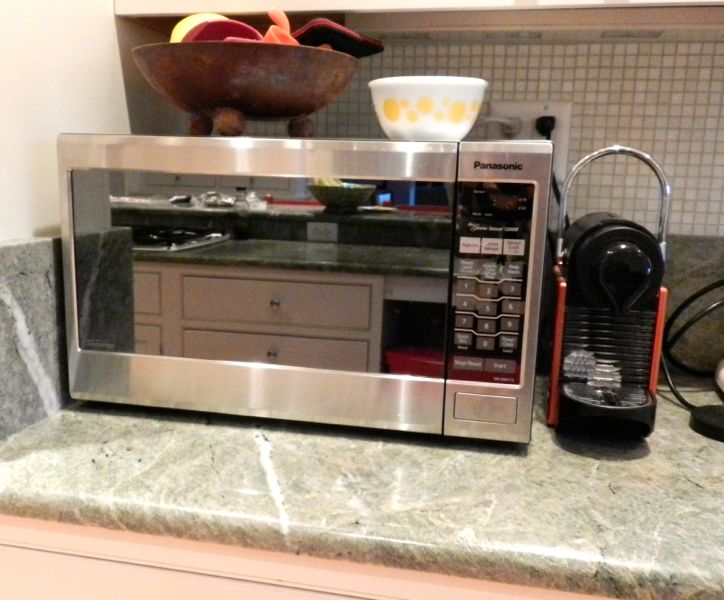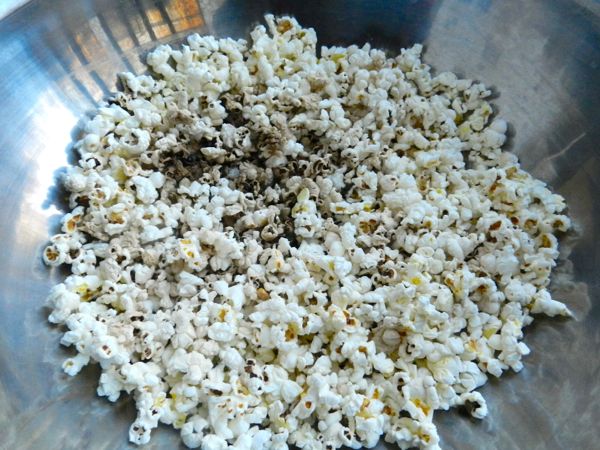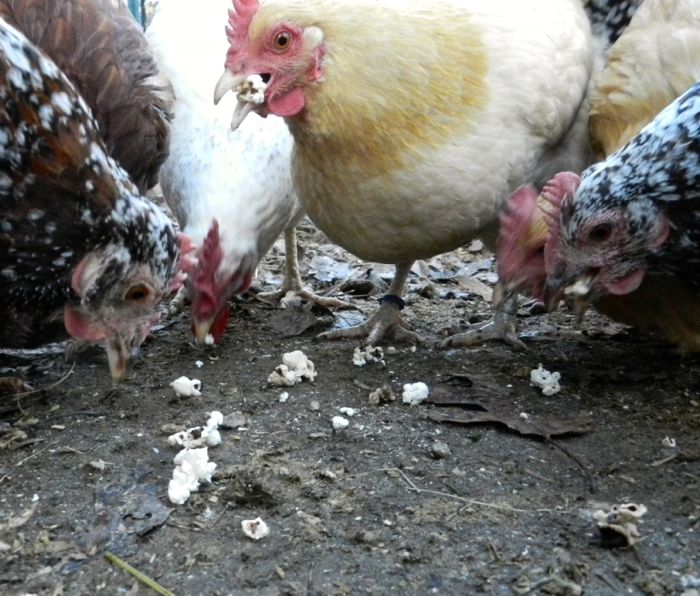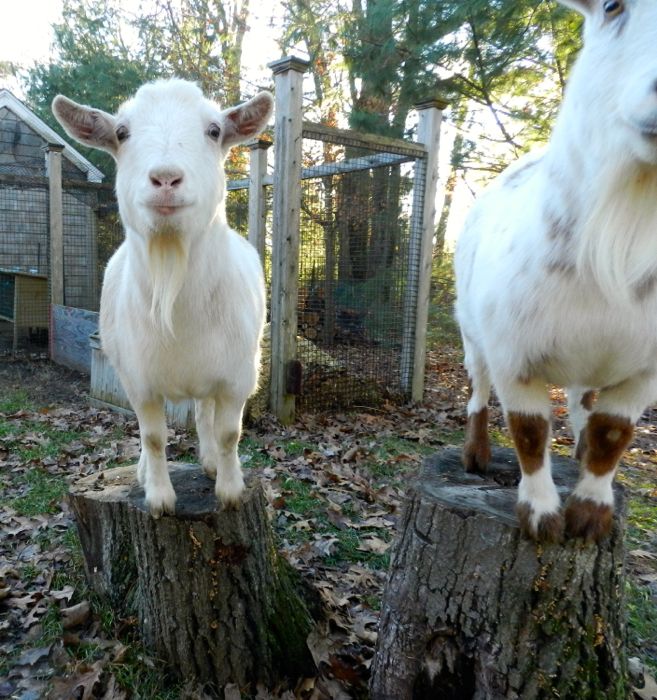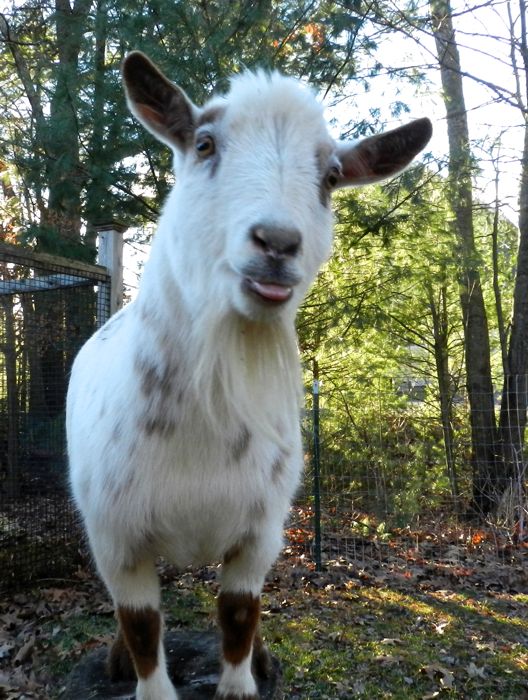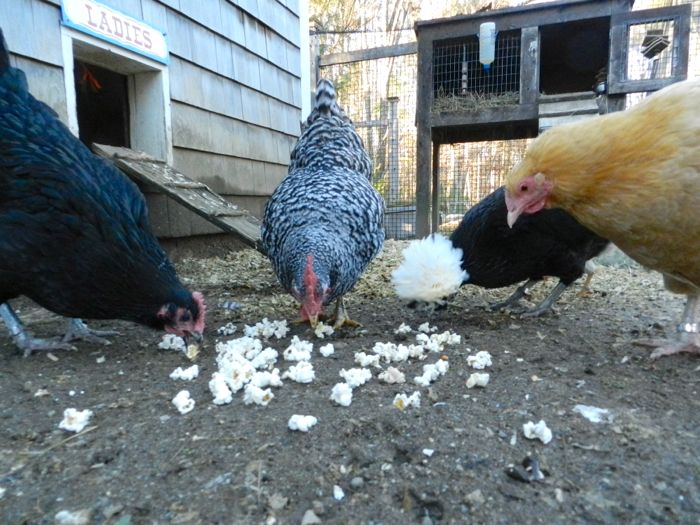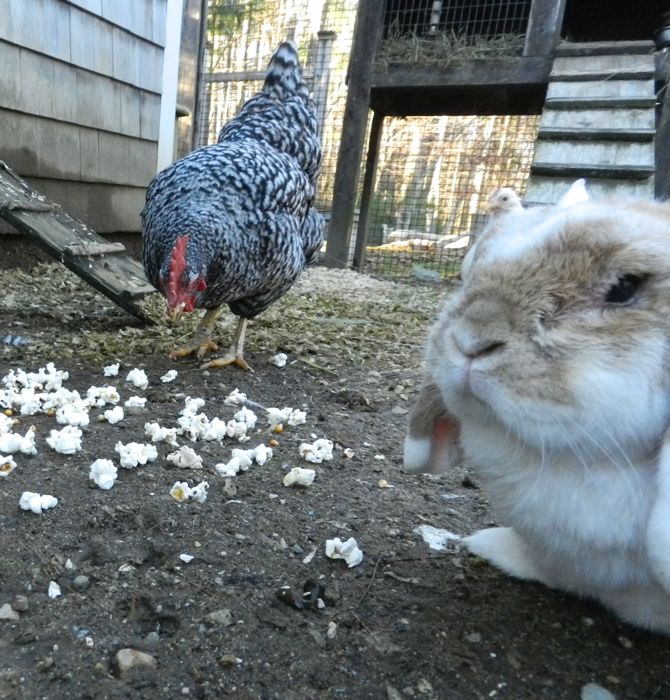Last Friday I had a long conversation with a friend of a friend about her experience with a deadly infectious poultry disease. As horrible as that was (I’ll talk about it in another post) what struck me was how the veterinary care that she sought out made her year with chickens expensive and unnecessarily guilt-ridden, and didn’t, in the long run, help at all.
Backyard chicken keepers rarely come from a farming background. If they have any experience with animals it is as indulgent pet owners. They believe that solutions to health issues will be handed to them by a veterinarian. They have been told that a price shouldn’t be put on their pets. Veterinary schools teach sophisticated medicine, and the knowledge and resources available to vets equals that of people doctors. Veterinarians are taught to do everything that it is possible to do, but, not necessarily what is right for the animal or the owner. (I know this first-hand as years ago I was told, at a world-renowned animal hospital, that my guinea pig’s broken leg could be fixed with orthopedic surgery. That “we do it all the time.” My family was guilted into $1,000 surgery, and the little guy suffered and died anyway.)
Farmers understand that all lives intrinsically have value, but they accept that it is not right to bankrupt a farm for an animal of small monetary value. Farmers understand that just because you can do something, doesn’t mean that you should. People new to chicken keeping don’t have that perspective, or even if they do, don’t have the experience to know how to apply it. Backyard chicken keepers, when faced with a sick chicken, still want to turn to a vet. They quickly find out that the average suburban veterinary practice won’t even look at a hen. So, they search for and find an avian vet. Yes, avian vets take care of birds, but generally, their specialty is for parrots and other exotics. Not chickens. (Avian vets who specialize in poultry took college courses that prepared them for working for the commercial poultry industry, not small-scale flocks.) Unfortunately, I’ve yet to find an avian vet who admitted that he or she knew nothing about chickens. I have had a vet feel my hen’s comb, say it was “warm” and then look up respiratory diseases in her college textbook. That visit cost me $65. The friend of a friend had six very ill hens. Her vet didn’t take chickens, so she called a veterinary college that is in her area. She was told that she could bring in all of the sick chickens. Each would cost $165 to look at. I am aghast that the vet school would even give this hen keeper the option of spending almost $1,000 to look at all of her birds, when examining one would supply the same diagnosis. She did decide, on her own, to bring only one, purely due to financial considerations. She felt guilty not to have brought them all. The vet did not do any blood work, and the diagnosis was one that could have been determined with a quick on-line search.
If you do need medical care for your flock, I recommend that Instead of finding an avian vet, look for a large animal practice, preferably with a vet on staff who keeps a flock of chickens on her own farm. Every few years I run fecal samples to make sure that my chickens don’t carry a load of parasites. The avian vet, two towns over, insists that first I need to bring the “patient” in for an exam. Obviously, she doesn’t understand about flock management. Instead, I take the samples to a large animal practice (they take care of Pip and Caper) and, for $25, their lab tech looks at the manure under her microscope that afternoon.
When you are faced with a sick chicken that you love, you want to ease her distress and hopefully save her life. If she has symptoms of respiratory disease, it is caused by either a virus or bacteria. Lab tests are very expensive, and by the time you hear the results your entire flock could be infected and dying. Although there are charts online for figuring out what infectious agent is affecting your hens, I’ve found them unreliable. (Out of curiosity I’ve used those expensive lab tests and discovered how off those charts are.) So, I recommend starting with a course of antibiotics right away, which can be bought on-line or at your local feed store. If they don’t work, you probably have a virus. When it comes to these respiratory diseases, a vet’s diagnosis is of no help. Either antibiotics will work, or they won’t. (More about what I do for respiratory disease is in this FAQ.) The only exception that I’ve had is when mycoplasma caused crusty, infected eyes, and I needed prescription eye ointment for my hens.
If you have an individual chicken that looks sick (often described as hunched and walking like a penguin) you will want to know the cause. Everyone’s first guess is “my hen is egg bound,” but that is rarely the case. The hen could have any number of diseases, including ascites, heart disease, tumors, cancer, and internal laying. Despite the underlying cause, the external symptoms will be similar. Even a vet can only guess at what might be wrong. Only after death, and upon doing a necropsy, will you know what really killed the chicken. Many of the diseases that cause a hen to look sick are incurable. Sometimes the chicken dies soon after looking ill. But, in other cases, the hen can live on for months or years. If she is lucky, though, the hen does not have a lethal disease and can be cured by doing my simple Spa Treatment. In no case would veterinary care help.
I expect that at this point, that there will be a number of readers who have had very good experiences with avian vets and are eager for the end of this post so they can leave comments about how essential their vets are to their flock management. I know those vets are out there, and I’d love to hear your stories. But, realize that they are the exception, as are the chicken keepers who are able to afford them. In almost all cases, your flock will be well-cared for if you rely on your own commonsense and compassion.




